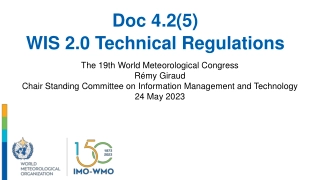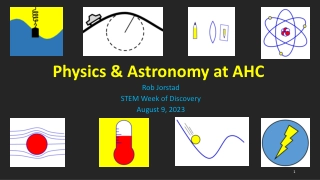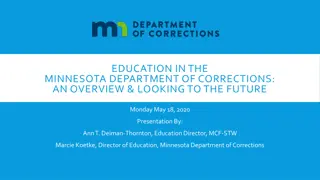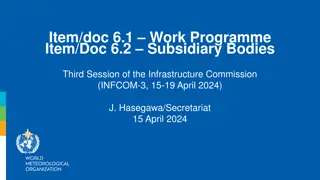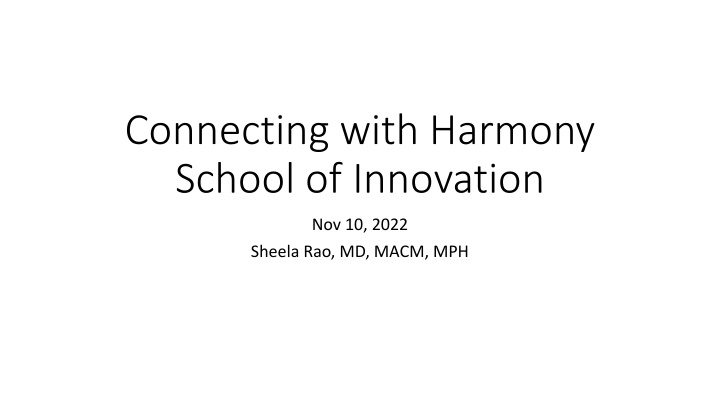
Key Competencies and Skillsets for Medical Students and Physicians
Explore the essential competencies and skillsets required for success in medicine, such as pre-professional competencies, science competencies, thinking and reasoning competencies, and more. Discover the key ingredients for being a good doctor and delve into the competencies set by ACGME for medical students and beyond medical school.
Download Presentation

Please find below an Image/Link to download the presentation.
The content on the website is provided AS IS for your information and personal use only. It may not be sold, licensed, or shared on other websites without obtaining consent from the author. If you encounter any issues during the download, it is possible that the publisher has removed the file from their server.
You are allowed to download the files provided on this website for personal or commercial use, subject to the condition that they are used lawfully. All files are the property of their respective owners.
The content on the website is provided AS IS for your information and personal use only. It may not be sold, licensed, or shared on other websites without obtaining consent from the author.
E N D
Presentation Transcript
Connecting with Harmony School of Innovation Nov 10, 2022 Sheela Rao, MD, MACM, MPH
Objectives Identify key skillsets for becoming a physician Navigate decision-making for careers in medicine Explore ways to find academic success
Key Ingredients for a Good Doctor- What do you think? Caring about your patients Having a good education-PhD Bachelors degree Medical License Residence in the US Doctorate Friendly Hygienic, washing hands Being professional
AAMC- their list Pre-Professional Competencies Science Competencies Thinking and Reasoning Competencies Who are they? Who are their friends? AAMC Group on Student Affairs Committee on Admissions, SFFP, BSSFFP, IOM, MR5, ACGME, MR5 Innovation Lab, others
Pre-Professional Competencies Capacity for Improvement Cultural Competence Ethical Responsibility to Self and Others Oral Communication Reliability and Dependability Resilience and Adaptability Service Orientation Social Skills Teamwork
Science Competencies Human Behavior- Applies knowledge of the self, others, and social systems to solve problems related to the psychological, socio-cultural, and biological factors that influence health and well-being Living Systems-Applies knowledge and skill in the natural sciences to solve problems related to molecular and macro systems including biomolecules, molecules, cells, and organs
Thinking and Reasoning Competencies Critical Thinking Quantitative Reasoning Scientific Inquiry Written Communication
What about Competencies for Medical Students and Beyond Med School ACGME-Accreditation Council for Graduate Medical Education
ACGME Competencies (Common Program Requirements for all Residencies) Professionalism Patient Care and Procedural Skills Medical Knowledge Interpersonal and Communication Skills Systems-based Practice Practice-based Learning and Improvement
WHY? Quality patient care is safe, effective, timely, efficient, patient- centered, equitable, and designed to improve population health, while reducing per capita costs. (See the Institute of Medicine [IOM] s Crossing the Quality Chasm: A New Health System for the 21st Century, 2001 and Berwick D, Nolan T, Whittington J. The Triple Aim: care, cost, and quality. Health Affairs. 2008; 27(3):759-769.). In addition, there should be a focus on improving the clinician s well- being as a means to improve patient care and reduce burnout among residents, fellows, and practicing physicians.
WHY? Medicine is both an art and science Physicians are clinicians, scientists, and educators Can you see the common threads between pre and post medical school competencies?
Navigating Careers in Medicine https://students-residents.aamc.org/aspiring-docs-fact-sheets-get- experience/information-high-school-students https://www.aamc.org/cim/ https://aamcmedschoolfair.vfairs.com/
Exploring Medical Careers Volunteer Service forever Connect with your community Dual Degree Programs: BS/MD, MD/MPH, MD/MBA, MD/PhD Teamwork is Dreamwork
Study Skills There are 24 hours in a day How do you break up your day?
Activity- what is essential to get done every day? Study 4 hours/day Eat Physical activity 30 minutes mod 3 times a week Brushing teeth 30 secs 30 secs floss Bathing personal hygiene 5 minutes School attendance 8 hours Sleep- 8 hours Screen time- social media platforms, hw related stuff, apps??
Foundational Math and Science Textbooks in math don t change that much Science textbooks do Biology- start with Cell Biology Organic Chemistry Physics Inorganic Chemistry Algebra/ Calculus Statistics Psychology Social Sciences Behavioral Sciences
Example: Truth Fairy Project https://envhealthcenters.usc.edu/infographics/truth-fairy-project
Environment of College Choose your own adventure Find support networks Get your pre-med coursework requirements done https://students- residents.aamc.org/media/12691/download?attachment https://students-residents.aamc.org/media/11711/download https://students-residents.aamc.org/medical-school-admission- requirements/pre-med-worksheets-official-guide-medical-school- admissions-2021-edition
Succeeding in Medical School Know yourself Finite vs infinite content Learning and re-learning Accepting limitations
7 Tips for Medical School Attend all orientation programming Identify and build relationships with mentors Take an active role in your learning experience Foster a team environment Take care of your physical and mental health Realize the significance of joining the medical profession Pay attention to your purpose and vision for your future

